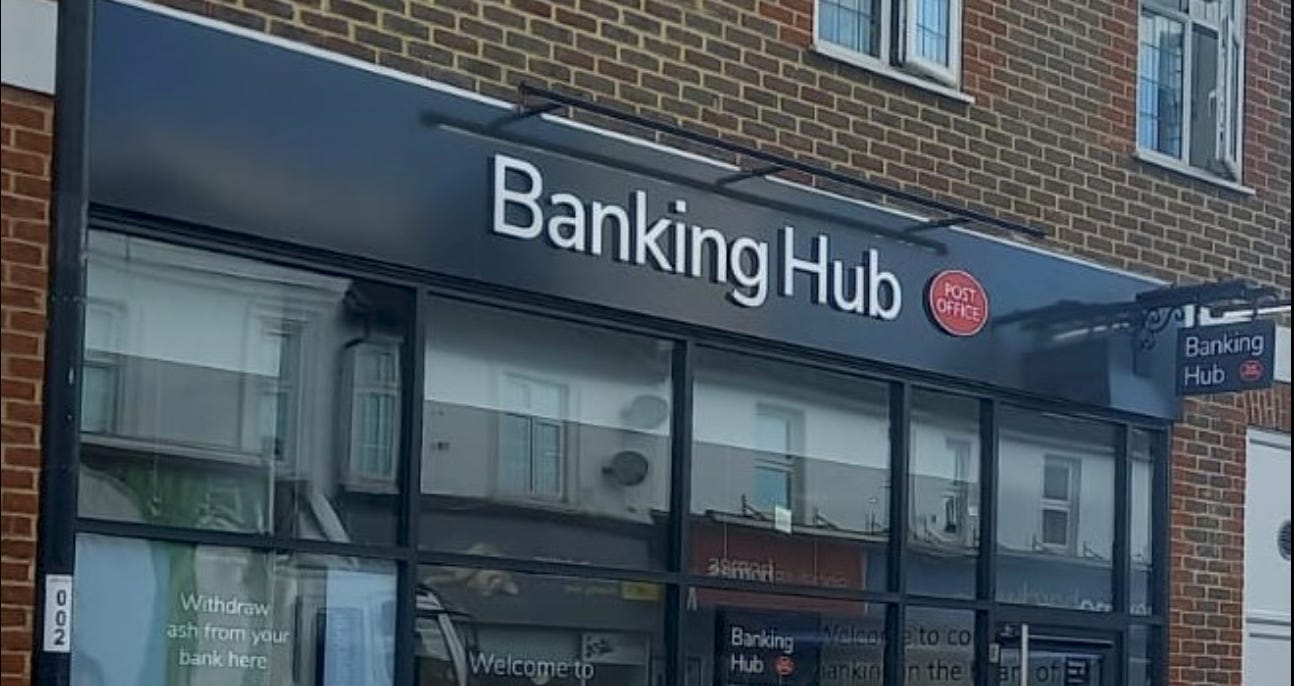Welcome to the hub
What explains the strange ubiquity of this word?
As part of the latest attempt to stem the flow of migrants to our shores, it was announced last week that failed asylum seekers are to be sent to the Balkans to live in what the government calls ‘return hubs’.
Just a few days earlier, when a UN judge and human rights expert was convicted of keeping a slave – yes, I hard to read the headline twice – it turned out that she ‘was involved with the Oxford Human Rights Hub’.
Hubs are a ubiquitous part of British life. They’re the solution to everything. The 2024 Conservative manifesto contained ten references to hubs, including proposals for Family Hubs, Music Hubs, Women’s Health Hubs, Early Support Hubs and Banking Hubs. There seems to be some degree of cross-party unity on this issue, as last year Chancellor Rachel Reeves also promised 350 banking hubs on high streets across Britain.
Surely a banking ‘hub’ is just… a bank, you might wonder? In fact, judging by this image, it’s like a teeny-weeny little bank.
Keir Starmer also wants to cut crime by setting up 90 ‘youth hubs’, or ‘young future hubs’. The Home Office is creating a new ‘Europe Hub’ as part of the government’s drive for closer ties with the EU. Some new police cells are described as an ‘Investigative Hub’ and there are also AI Knowledge Hubs, Apprenticeship Hubs, Computing hubs (scrapped) and a new ‘National Drone Hub’ for uncrewed aircraft.
There is also the ‘Blackpool hub and centre for health and disability assessment’, which includes a £100m ‘civil service hub’. Richmond, in south-west London, has a new ‘cycle hub’ which has predictably bland and soul-crushing architecture. (Nothing called a ‘hub’ was ever going to be pretty).



